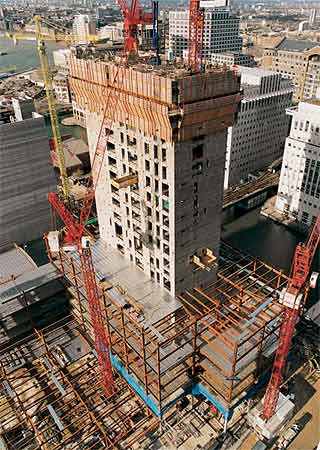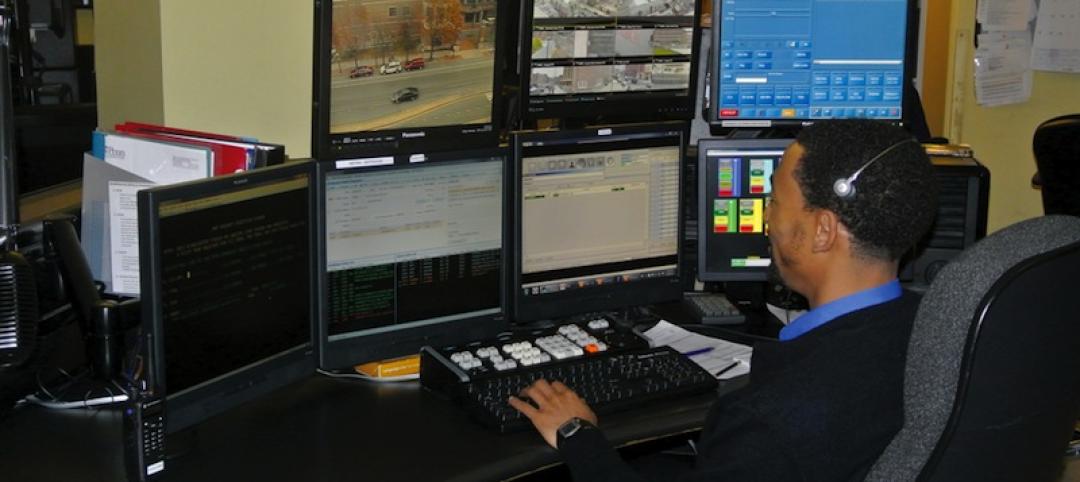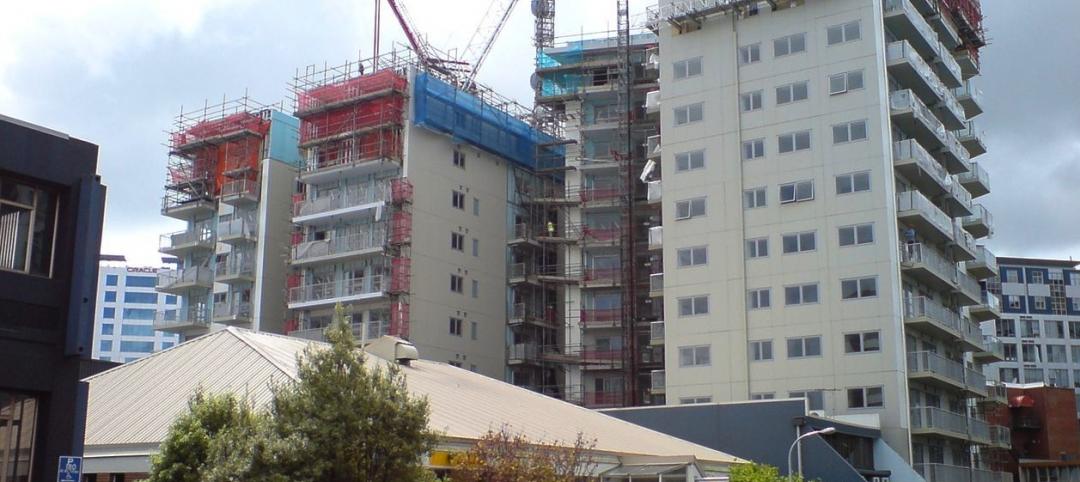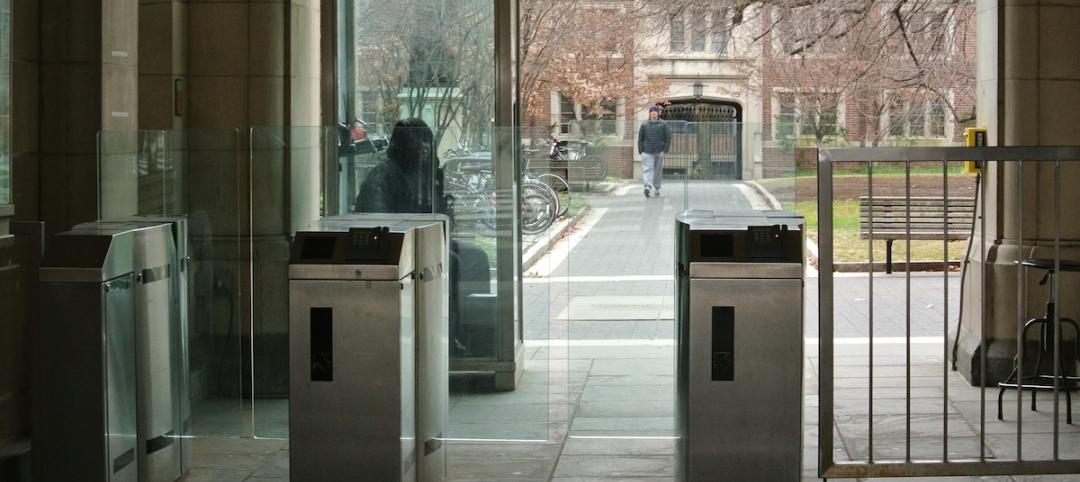More than two in three U.S. engineering firm leaders (68%) say the current business climate is better than last year at this time; and three in five (60.5%) say their backlogs are larger now compared to last year, according to results from the American Council of Engineering Companies’ new quarterly Engineering Business Index (EBI).
The EBI, representing responses of 340 engineering firm chairmen, CEOs and presidents had a composite score of 68.9 in the second quarter—a slight increase from 67.4 in the first quarter. The EBI is a diffusion index, consolidating answers to a series of questions about market and firm performance into a single number. Any number over 50 indicates expansion.
Results show that engineering firm leaders are more optimistic about prospects in private sector markets than those in the public sector. At least half believe that opportunities in buildings/commercial (53.3%), land development/surveying (54%), and industrial/manufacturing (50%) will improve over the next 12 months.
Expectations for major public sector markets were markedly lower. Only 41.5% of respondents anticipate improvement in the transportation sector, and only 40.9% believe opportunities in the water/wastewater sector will grow over the next 12 months.
“After years of a stagnant economy, engineers are beginning to see evidence of an improved business climate,” said ACEC President and CEO David A. Raymond. “Uncertainty regarding government funding is obviously dampening expectations for public sector markets.”
For a complete summary of the Summer 2014 EBI survey, go to: www.acec.org
Related Stories
University Buildings | Feb 20, 2015
Penn strengthens campus security by reviving its surrounding neighborhood
In 1996, the University of Pennsylvania’s sprawling campus in Philadelphia was in the grip of an unprecedented crime wave. But instead of walling themselves off from their surrounding neighborhoods, the school decided to support the community.
Sports and Recreational Facilities | Feb 20, 2015
Chargers, Raiders propose joint stadium in Carson
Two rival teams may bring the NFL back to Los Angeles.
Engineers | Feb 20, 2015
PwC reports record year for M&A activity in engineering and construction
Worldwide engineering and construction industries closed 218 M&A deals in 2014 worth more than $172 billion, according to a PwC report.
Multifamily Housing | Feb 19, 2015
Is multifamily construction getting too frothy for demand?
Contractors are pushing full speed ahead, but CoStar Group thinks a slowdown might be in order this year.
Building Materials | Feb 19, 2015
Prices for construction materials fall in January, following plummet of oil prices
The decline in oil and petroleum prices finally showed up in the produce price index data, according to ABC Chief Economist Anirban Basu.
Codes and Standards | Feb 18, 2015
Buildings with rocking steel-braced frames are advantageous in earthquakes
Research at Case Western Reserve University has found that buildings that rock during an earthquake and return to plumb would withstand seismic shaking better than structural designs commonly used today in vulnerable zones of California and elsewhere.
Codes and Standards | Feb 18, 2015
USGBC concerned about developers using LEED registration in marketing
LEED administrators are concerned about a small group of developers or project owners who tout their projects as “LEED pre-certified” and then fail to follow through with certification.
Office Buildings | Feb 18, 2015
Commercial real estate developers optimistic, but concerned about taxes, jobs outlook
The outlook for the commercial real estate industry remains strong despite growing concerns over sluggish job creation and higher taxes, according to a new survey of commercial real estate professionals by NAIOP.
Museums | Feb 18, 2015
Foster + Partners' National Museum of Marine Science and Technology breaks ground in Taiwan
The museum will be home to an aquarium, exhibition space, and waterfront views.
University Buildings | Feb 18, 2015
Preparing for the worst: Campus security since Virginia Tech
Seven years after the mass shootings at Virginia Tech, colleges and universities continue to shake up their emergency communications and response capabilities to shootings and other criminal threats.














